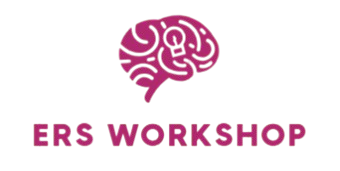Innovation is the heartbeat of progress. Behind every groundbreaking idea lies not only creativity but also the right set of tools that help transform vision into reality. Tools for the innovator go beyond physical gadgets; they include mental frameworks, digital platforms, and collaborative practices that enable ideas to evolve into impactful solutions. For anyone aspiring to drive change, equipping oneself with the right resources is as essential as the ideas themselves.
One of the most vital tools for innovation is the mindset of curiosity. Innovators thrive on asking questions, challenging assumptions, and seeing possibilities where others see limitations. Design thinking frameworks, for example, provide a structured way to approach problems with empathy and creativity. Instead of jumping directly to solutions, innovators use this process to deeply understand users, brainstorm openly, and test prototypes. Alongside curiosity, resilience is another invaluable tool. The willingness to fail, learn, and adapt ensures that ideas continue to grow rather than fade at the first obstacle.
Technology also plays a powerful role in the innovator’s toolkit. Digital platforms like 3D modeling software, artificial intelligence, and project management apps allow innovators to test, refine, and scale their ideas faster than ever before. Collaboration platforms such as Slack, Miro, or Trello connect global teams, making it easier to exchange ideas and coordinate projects across time zones. Data analysis tools further empower innovators by revealing patterns, predicting outcomes, and informing better decisions. By combining creativity with technology, innovators can bridge the gap between imagination and implementation.
Finally, the human element remains central to innovation. Networking, mentorship, and collaboration with diverse groups of people are tools in themselves. An innovator’s success often depends on the ability to listen to feedback, learn from experts, and harness the strengths of a team. Workshops, conferences, and communities dedicated to innovation create fertile ground for knowledge-sharing and inspiration. By building strong relationships and staying connected, innovators expand their perspective and increase their chances of success.
In the end, the most powerful tools for the innovator are not just external—they are the habits and mindsets nurtured daily. Curiosity, persistence, and openness to collaboration fuel the journey from idea to execution. When combined with modern technologies and supportive communities, these tools empower innovators to create solutions that truly make a difference.

